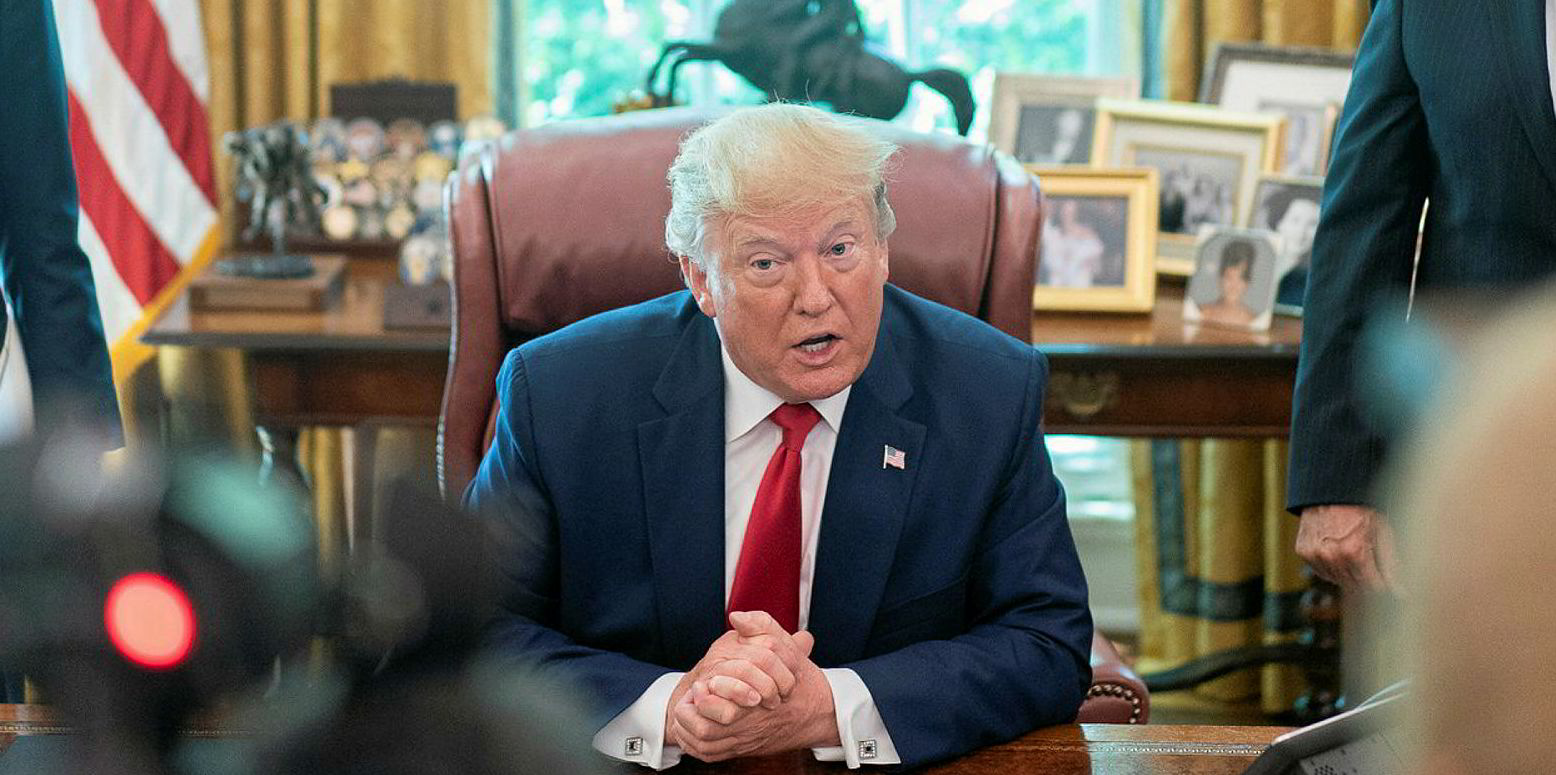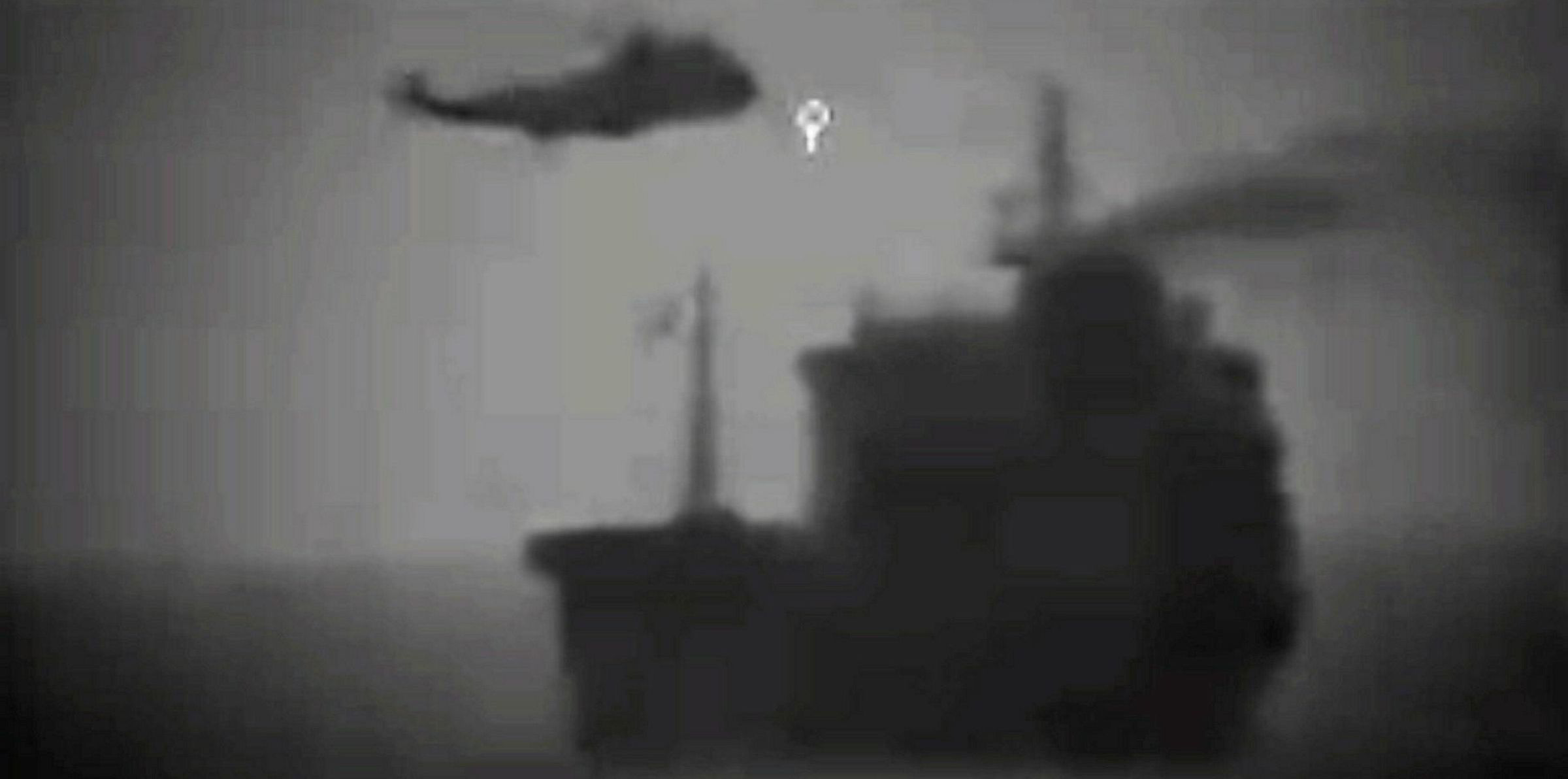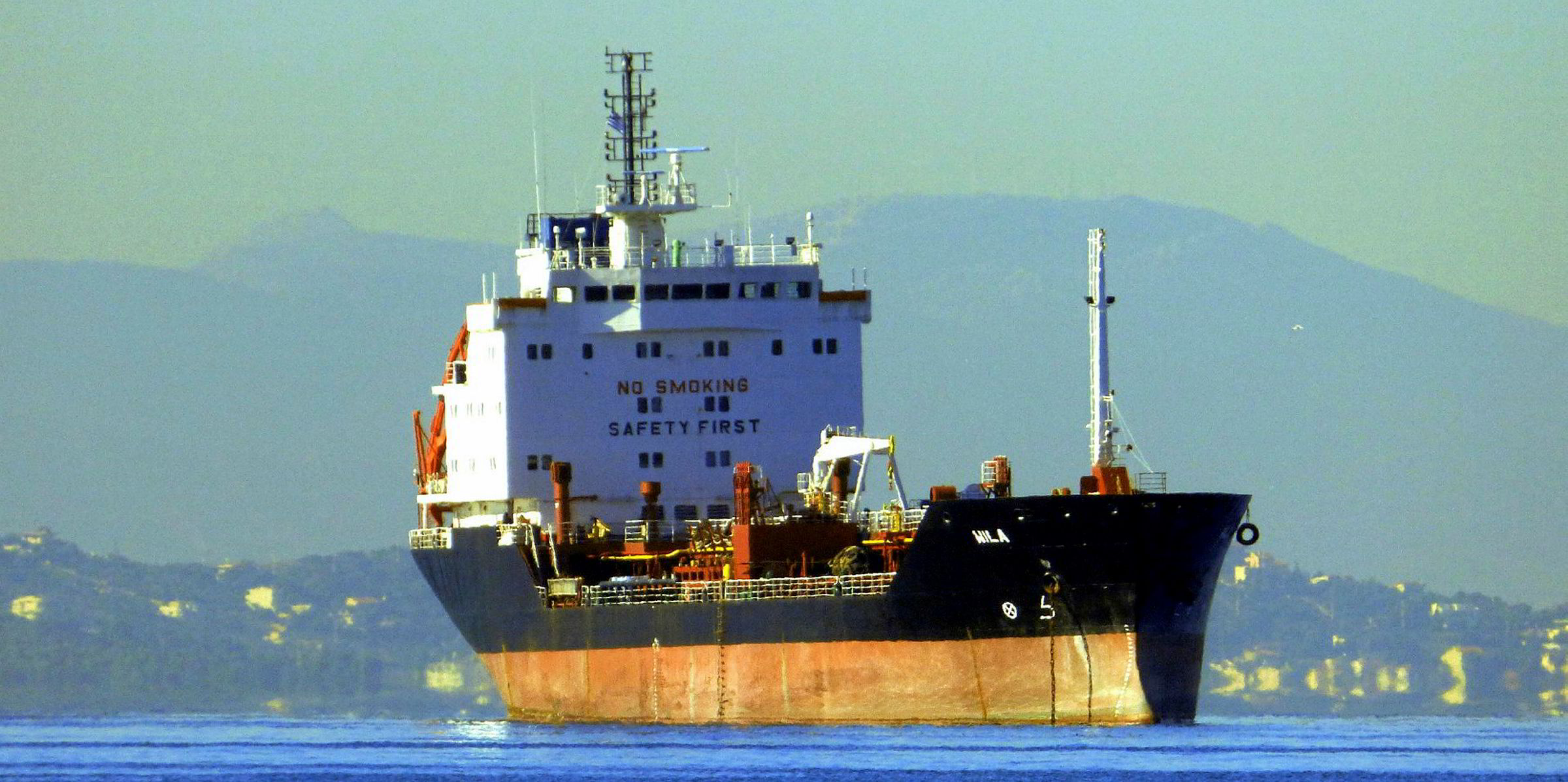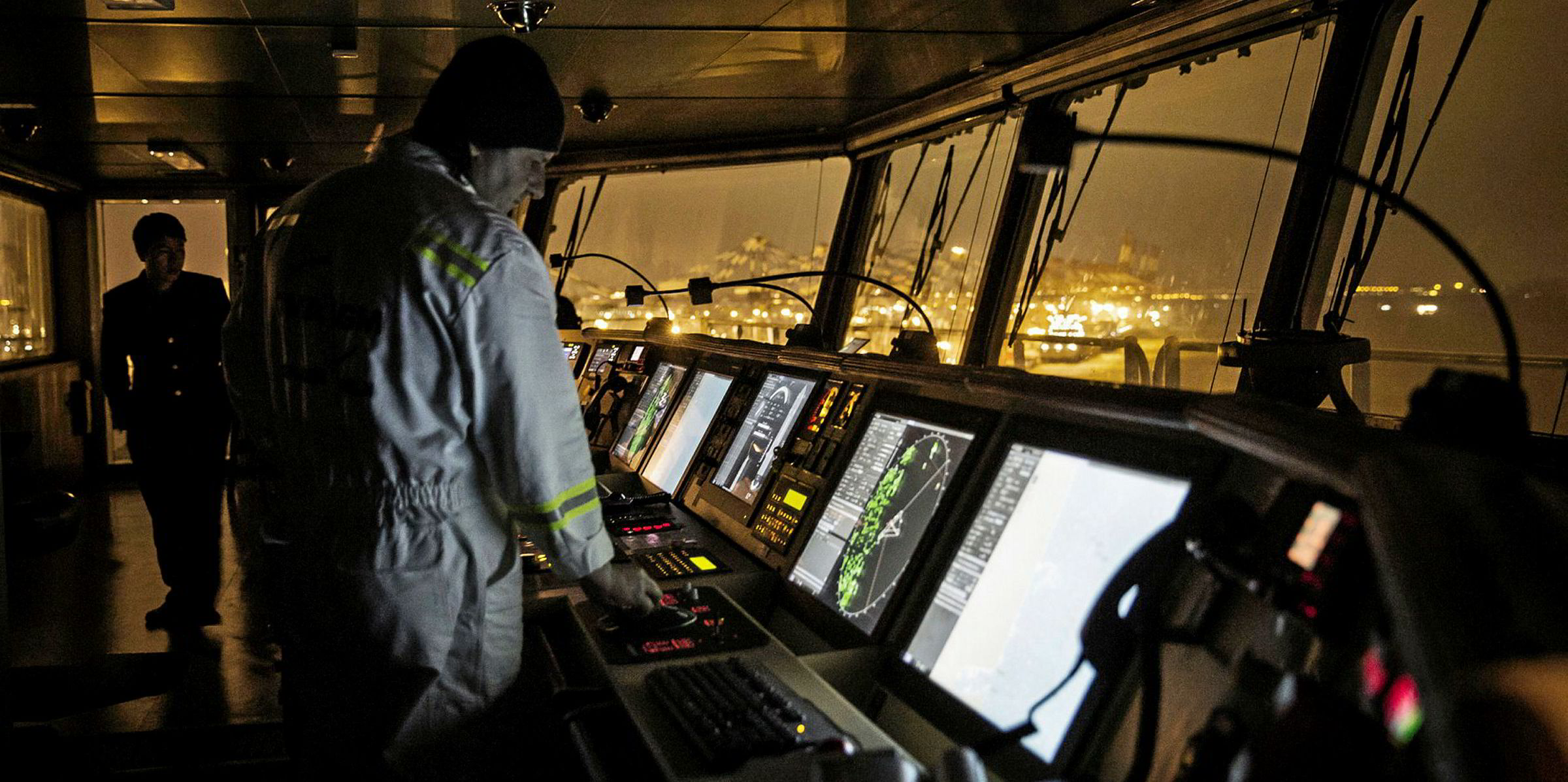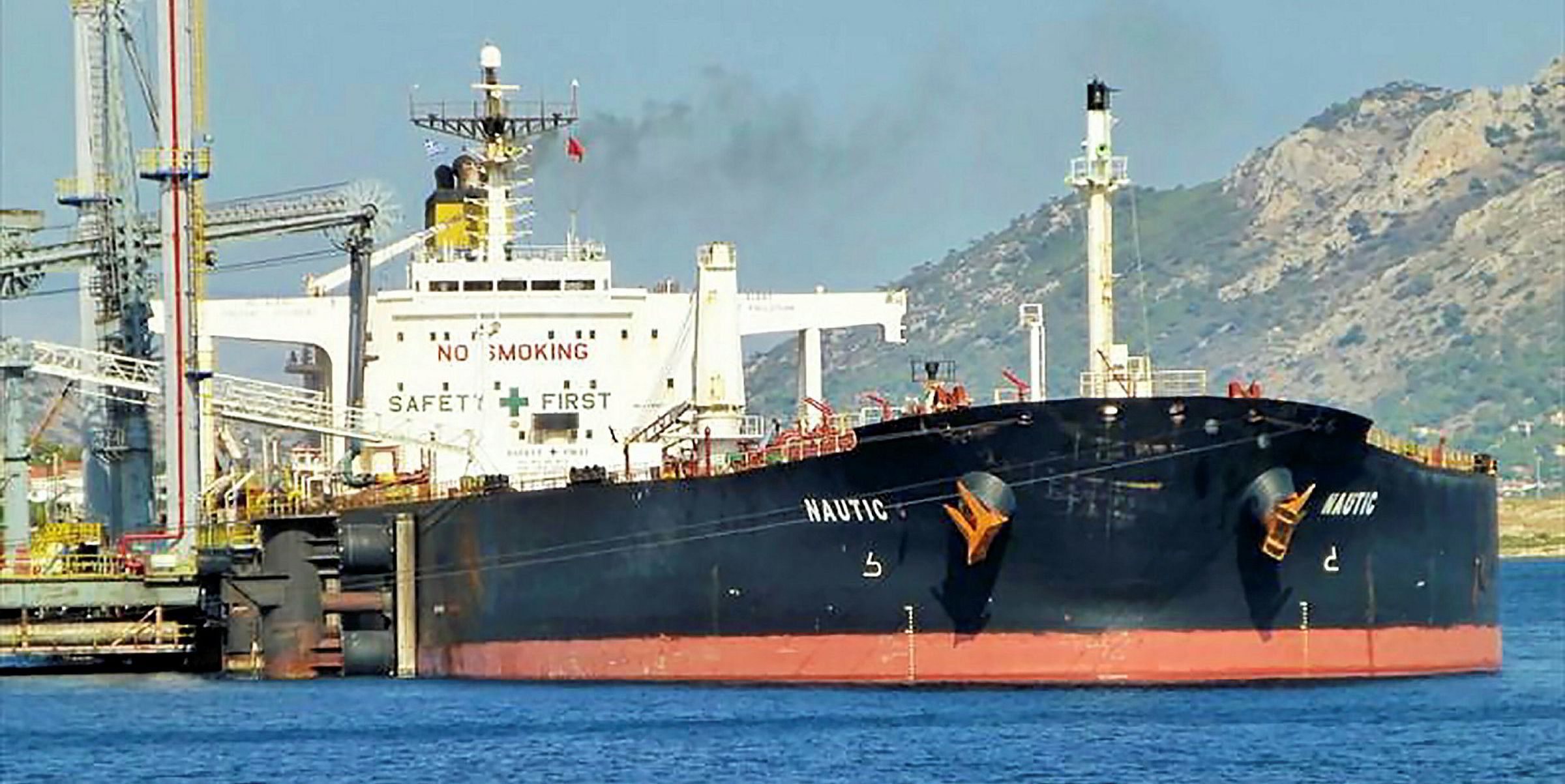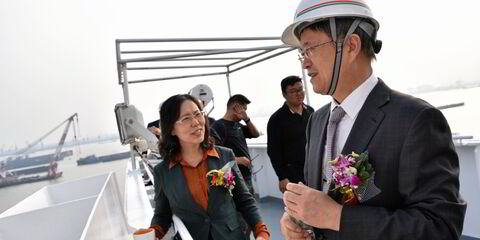The US has seized the Iranian cargo on board four Greek-linked tankers that was allegedly being shipped to Venezuela in a move to sever trade links between the two sanctioned countries.
Various media outlets reported that Washington managed to confiscate the 1.16m barrels of gasoline carried by the 37,400-dwt Bella (built 2000), 47,400-dwt Bering (built 1998), 46,200-dwt Pandi (built 1996) and 37,300-dwt Luna (built 2000) without the use of military force.
While there were initially conflicting reports on how the US took possession of the cargo, it appears the ownership interests of the four ships agreed to a ship-to-ship transfer.
Both Reuters and the Financial Times reported they agreed to give up the cargo by offloading it to other ships, which are now headed to the US.
A senior White House official told the Financial Times the operation was "flawless" and a result of the US maximum pressure campaign on Iran.
"This sends a clear signal to the maritime community to avoid any business with the Iranian regime," the official said.
Initial reports from the Wall Street Journal suggested the vessels were seized at sea and headed for Houston, while the Associated Press said the owners, insurers and shipmasters were threatened with sanctions, prompting them to hand over the cargo.
Both reports cited unnamed officials. TradeWinds has approached the US State Department for comment.
The US government had in July secured a legal ruling in the District of Columbia federal court to confiscate the fuel cargo – at that time, some sanction experts said the order could be hard to enforced as the ships were travelling outside of the US jurisdiction.
Kpler data shows the Bella and the Bering have turned off their AIS transmitters since May, while the Pandi and the Luna went dark last month.
Following the news reports, Iran’s ambassador to Venezuela, Hojat Soltani, said neither the ships nor their owners were linked to Iran.
“This is another lie and act of psychological warfare perpetrated by the US propaganda machine,” Soltani tweeted. “The terrorist #Trump cannot compensate for his humiliation and defeat by Iran using false propaganda.”
After the news had broken on Friday, the US, EU and others issued a statement calling for "democratic change" in Venezuela, including the establishment of a transitional government and "free and fair presidential elections".
"We call upon all institutions of the Venezuelan state to participate in such a process. Venezuelans and the international community have put proposals on the table towards this goal," the statement read.
"We reiterate the willingness of all those countries maintaining economic sanctions to discuss sanctions relief in the context of political progress."
Greek links
The four Liberian-flagged ships are managed by Vienna Ltd and Palermo SA, both of them have connections to IMS's principal Captain George Gialozoglou, TradeWinds earlier reported.
Greece-based IMS also manages the 8,055-dwt Wila (built 1997), which was reportedly boarded by Iranian forces near the Strait of Hormuz on Wednesday.
The US-led International Maritime Security Construct, a multi-lateral Bahrain-based group patrolling the Middle East Gulf to ensure freedom of navigation, put out a statement calling the incident a "blatant violation of international law".
The vessel has apparently not been detained and has re-emerged at Khor Fakkan anchorage of the United Arab Emirates (UAE).
Oil crisis
Despite sitting on the world’s largest oil reserves, Venezuela has faced a severe domestic fuel shortage due to a lack of maintenance on its refineries and oil fields.
Between late May and early June, five Iranian product tankers – the 35,200-dwt Forest, Fortune and Faxon (all built 2004) and the 50,100-dwt Petunia and Clavel (both built 2018) – discharged 210,000 tonnes of gasoline in Venezuela despite Washington’s opposition.
The Bering and the Bella were supposed to join the flotilla as part of the Iran-Venezuela deal at that time. But the ships backed off under the threat of US sanctions.(Copyright)
